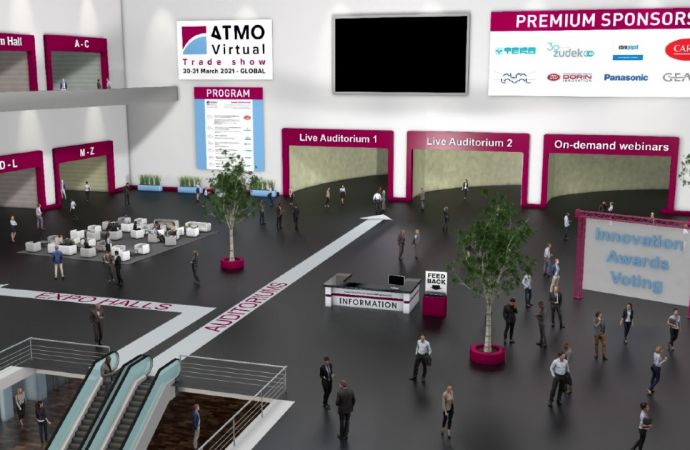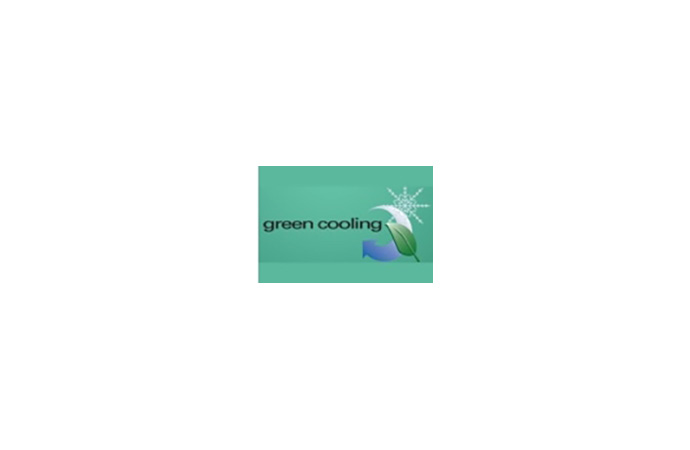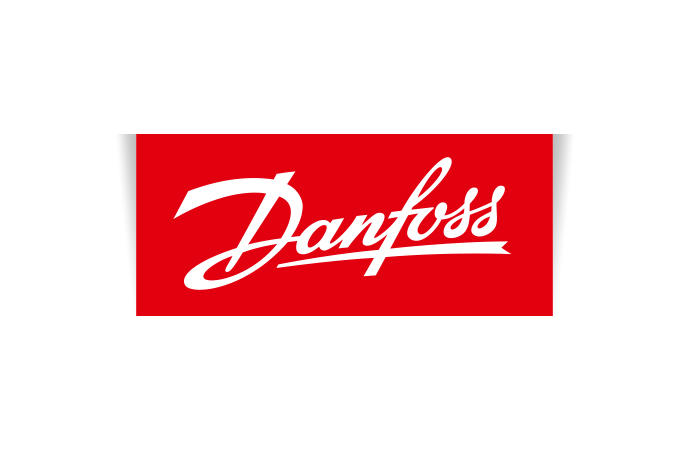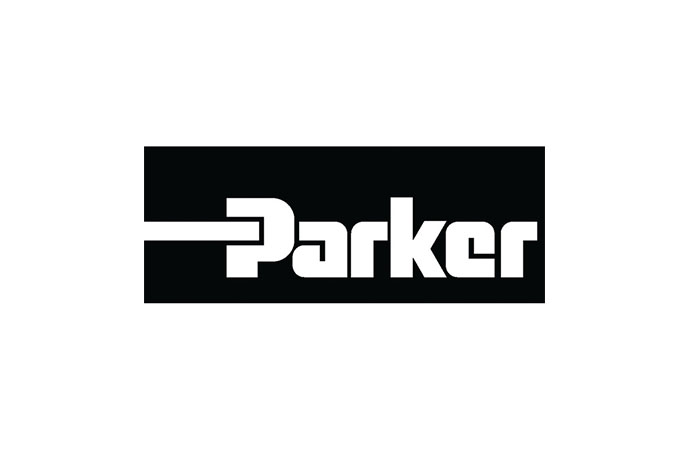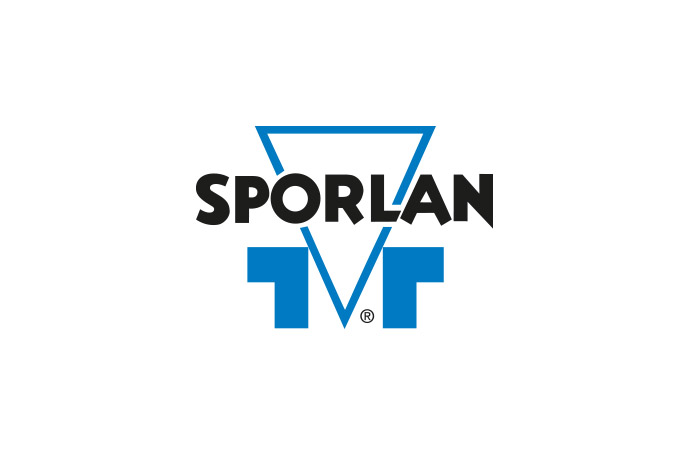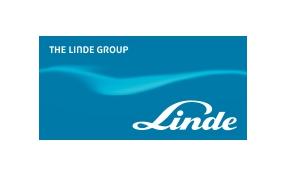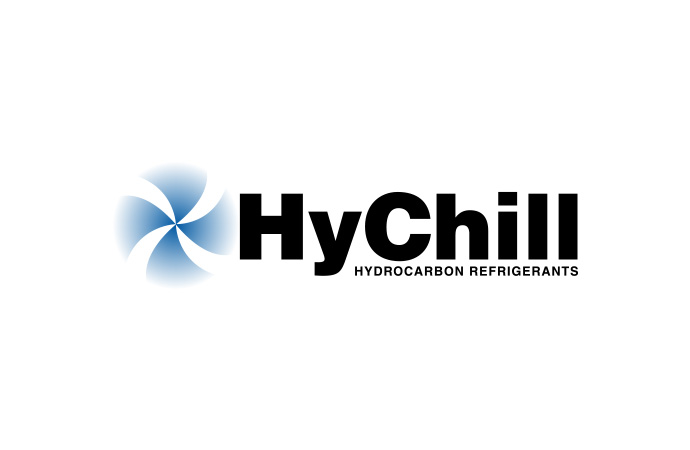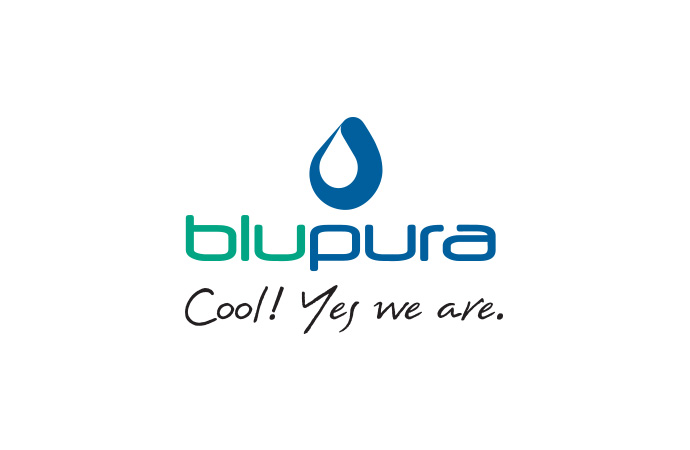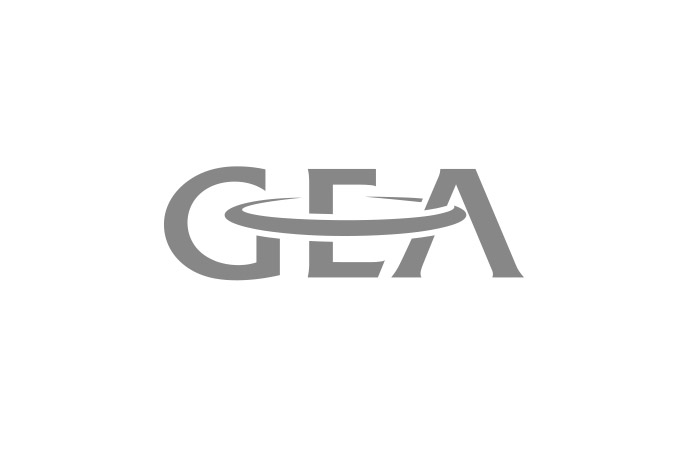APL Asia is determined to introduce hydrocarbons in Thailand by converting and servicing industrial air conditioning systems from HCFC 22 to hydrocarbons. The company gave a presentation at the Montreal Protocol Meeting in Thailand this week, where hydrocarbons21.com was present.

Hydrocarbons in industrial air conditioning systems gain momentum thanks to users in Thailand who benefit from energy savings thanks to an operator who converts industrial air conditioning systems from R22 and R12 to hydrocarbon 22a and 12a.
Started in 2005, APL Asia had difficulties gaining customers at its kick-off: back then, electricity prices were low and the hydrocarbon technology was poorly understood. Three years ago, growth started simultaneously in Thailand, Malaysia, Singapore and Philippines where the company operates. While at the beginning the company’s growth was due to the energy gains that users could achieve, APL Asia now states that conversions are taking place because customers are also motivated by protecting the environment. Hydrocarbons do not deplete the ozone layer and have a negligible effect on global warming.
The service provider initially had difficulties penetrating the market: end-users feared the hydrocarbon flammability in case of accident and equipment manufacturers were fearing that hydrocarbons would damage their products and their brand in case of a technical failure.
Confidence-building in hydrocarbons technology
APL Asia kept its confidence in the product, though. As part of its services to its customers, the business undertakes a thorough analysis of the customer’s needs and potential elements that could threat the safe system operation. “As the use of hydrocarbons becomes more popular, we have to learn to use them correctly, and safely. As the number of contractors installing hydrocarbons increases we have to educate and train on correct and safe use.” Mr. Anthony Whyte, Managing Director of APL Asia stated.
Confidence in hydrocarbon technology has led the operator to offer payment of his services based on the energy efficiency gains that the user makes as soon as the system starts running - a “shared savings contract” as he calls it. On average, companies that retrofit industrial air conditioning systems from HCFC 22 to hydrocarbons gain up to 20% in energy efficiency.
Hints for improvement
APL Asia uses the UK hydrocarbon safety standards as a guideline for the servicing and maintenance of the hydrocarbon air conditioners it installs. Under the impulse of the Montreal Protocol, the operator suggests a harmonisation of safety standards that apply to hydrocarbons in order to facilitate the market penetration: servicing personnel will become more and more familiar with a single set of standards and hence the product will be used more safely. The Asian company also puts a label on all devices it retrofits to warn about the presence of a flammable refrigerant and gives instructions on how to safely repair and what to do in case of an accident.
While the operator finds that the development of the Chinese Gree hydrocarbon domestic air conditioner is very promising for the future, he insisted that industry needs proper guidance about what to do with the servicing of existing systems: how to retrofit, which technologies to use and how to undertake recovery or reclamation of the chemical refrigerant that the system contains.
Anthony Whyte stressed the growth potential for hydrocarbons in Asian countries: air conditioners in Thailand work all day long, all year long : the cooling needs in this country can be adequately met thanks to hydrocarbon technology. To date, the company has replaced over 30 tonnes of R22 with hydrocarbon refrigerant in Thailand, Malaysia and the Philippines, and the trend is going upwards.
Started in 2005, APL Asia had difficulties gaining customers at its kick-off: back then, electricity prices were low and the hydrocarbon technology was poorly understood. Three years ago, growth started simultaneously in Thailand, Malaysia, Singapore and Philippines where the company operates. While at the beginning the company’s growth was due to the energy gains that users could achieve, APL Asia now states that conversions are taking place because customers are also motivated by protecting the environment. Hydrocarbons do not deplete the ozone layer and have a negligible effect on global warming.
The service provider initially had difficulties penetrating the market: end-users feared the hydrocarbon flammability in case of accident and equipment manufacturers were fearing that hydrocarbons would damage their products and their brand in case of a technical failure.
Confidence-building in hydrocarbons technology
APL Asia kept its confidence in the product, though. As part of its services to its customers, the business undertakes a thorough analysis of the customer’s needs and potential elements that could threat the safe system operation. “As the use of hydrocarbons becomes more popular, we have to learn to use them correctly, and safely. As the number of contractors installing hydrocarbons increases we have to educate and train on correct and safe use.” Mr. Anthony Whyte, Managing Director of APL Asia stated.
Confidence in hydrocarbon technology has led the operator to offer payment of his services based on the energy efficiency gains that the user makes as soon as the system starts running - a “shared savings contract” as he calls it. On average, companies that retrofit industrial air conditioning systems from HCFC 22 to hydrocarbons gain up to 20% in energy efficiency.
Hints for improvement
APL Asia uses the UK hydrocarbon safety standards as a guideline for the servicing and maintenance of the hydrocarbon air conditioners it installs. Under the impulse of the Montreal Protocol, the operator suggests a harmonisation of safety standards that apply to hydrocarbons in order to facilitate the market penetration: servicing personnel will become more and more familiar with a single set of standards and hence the product will be used more safely. The Asian company also puts a label on all devices it retrofits to warn about the presence of a flammable refrigerant and gives instructions on how to safely repair and what to do in case of an accident.
While the operator finds that the development of the Chinese Gree hydrocarbon domestic air conditioner is very promising for the future, he insisted that industry needs proper guidance about what to do with the servicing of existing systems: how to retrofit, which technologies to use and how to undertake recovery or reclamation of the chemical refrigerant that the system contains.
Anthony Whyte stressed the growth potential for hydrocarbons in Asian countries: air conditioners in Thailand work all day long, all year long : the cooling needs in this country can be adequately met thanks to hydrocarbon technology. To date, the company has replaced over 30 tonnes of R22 with hydrocarbon refrigerant in Thailand, Malaysia and the Philippines, and the trend is going upwards.
MORE INFORMATION
Related stories


